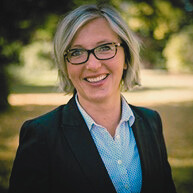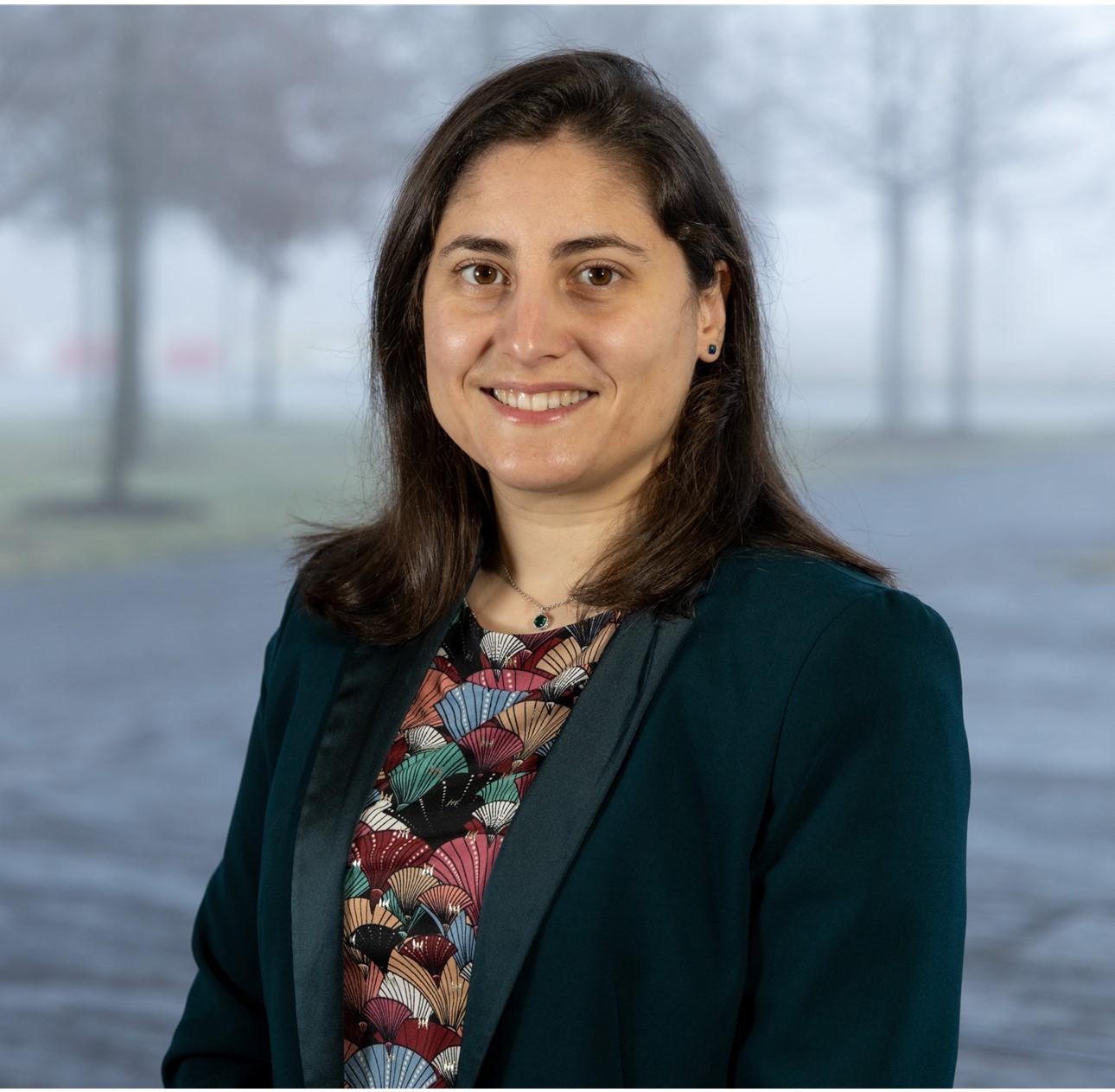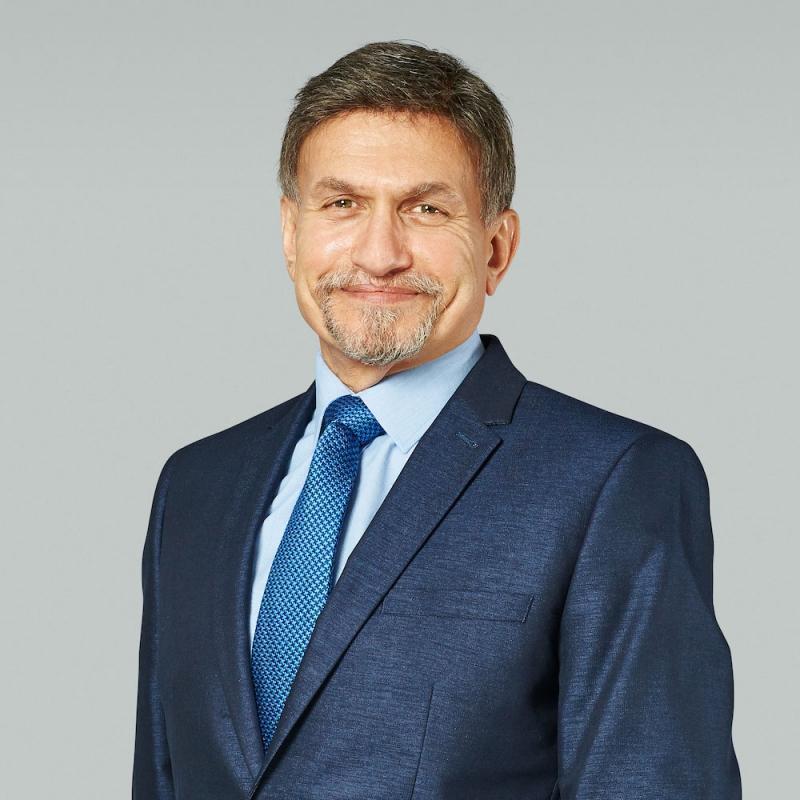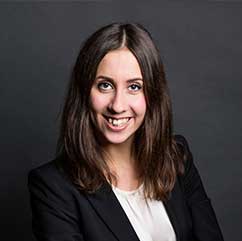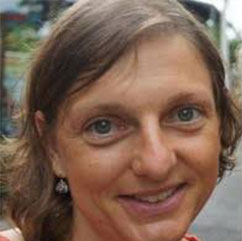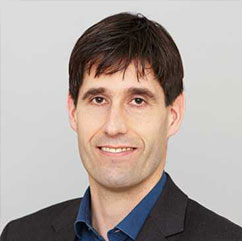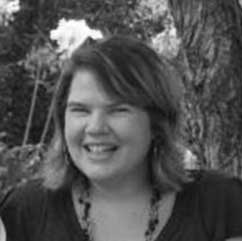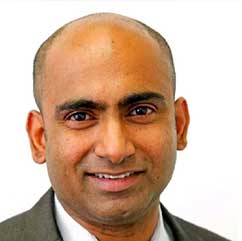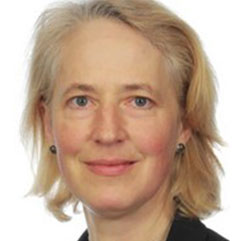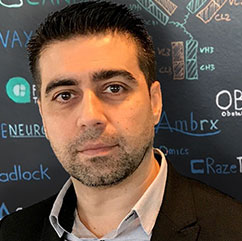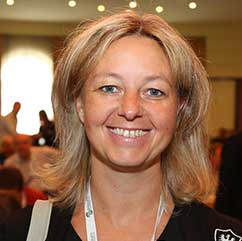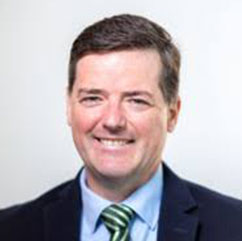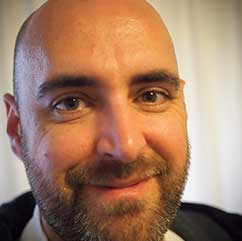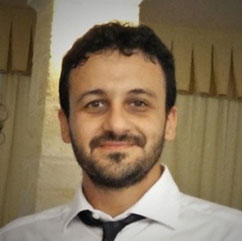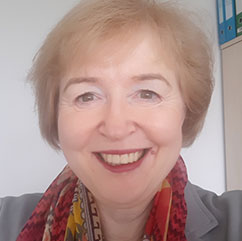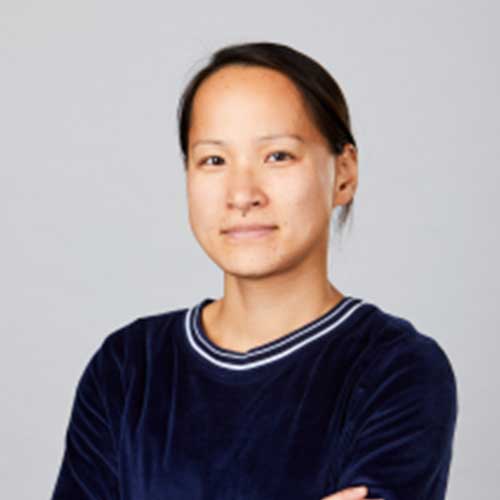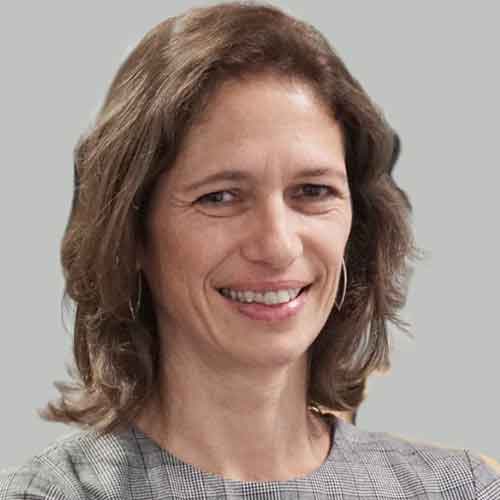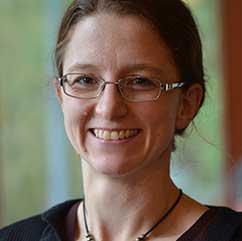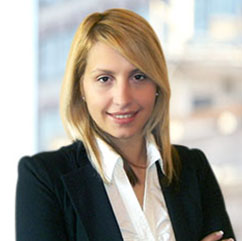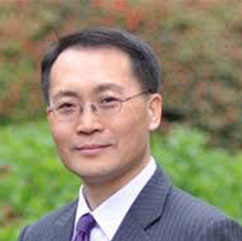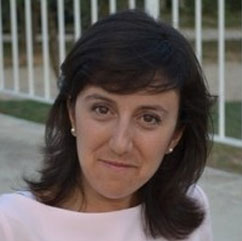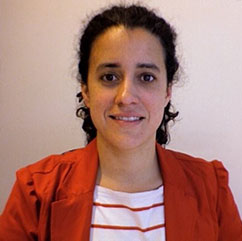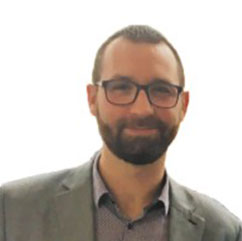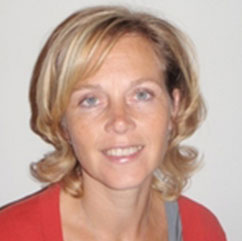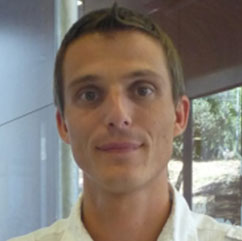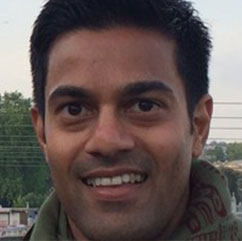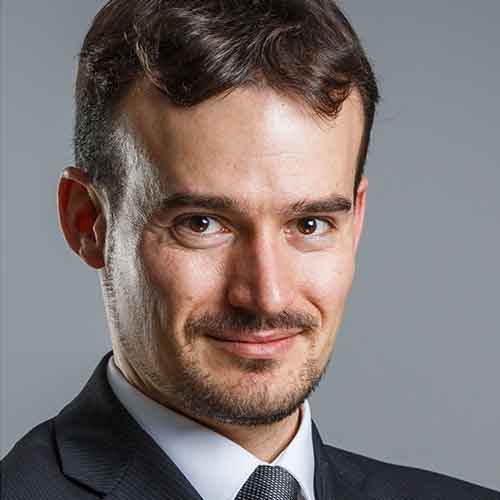IP licensing does not, on the surface, seem complex but the devil is in the detail. The stakes are high as agreements can stretch on for years and it is easy to get it wrong. Join this course and learn how to avoid the pitfalls and explore the entire licensing lifecycle.
Why join this course
IP Licensing is an inherent part of every knowledge transfer role, whether structuring collaboration agreements (with embedded licenses) or strictly licensing to a business (or start-up) that wants to invest in and commercialise a technology for you. The process is not complex on the surface but there’s devil is in the detail and stakes are huge, with agreements can stretch years into the future. It is so easy to get it wrong; enabling licensees to wriggle out of paying royalties or by setting the wrong incentives up front.
In this highly interactive course, we will explore the entire licensing lifecycle; from the moment you apply for a patent (when the clock starts ticking) to the point where the first royalties (should) roll in. Along the way learn about technology marketing, due diligence, structuring license agreements, negotiation process, disputes and licensee auditing. Along the way you will become familiar with License Agreements. By using real cases to illustrate issues and recruiting seasoned practitioners and experienced professionals who have negotiated many complex license agreements - and seen them go wrong, you will be trained by the experts.
Who should attend?
This course targets knowledge transfer professionals in universities and PROs, particularly those whose role includes dealing with IP rights.
Attendees are expected to have some experience in negotiating license terms, enough for you to recognise when you are out-of-your-depth and may be getting things wrong, in which case you will get far more out of the scenarios and experts that we have assembled for the course.
Learning Objectives
- How to market technologies to attract and secure potential licensees
- How to value IP
- What to do when things go wrong
- How to negotiate licences to ensure a win-win situation
Course Topics
- Setting objectives and strategy
- Market research: finding a potential licensee
- Using Template Agreements
- Due diligence
- Putting a value on your Intellectual Property
- The strategic use of License Terms
- Anatomy of a license agreement
- Negotiation strategy – when to stand firm
- Post-signature license management
- Non-patent IP
- Programme
- Speakers
- Venue
Programme
-
Wed 18 September 2024
-
09:00 - 09:15 Course introduction
-
09:15 - 10:15 Setting objectives and strategy
In this session we examine our role in taking a technology from the moment we ‘discover’ it to the time when it is finally licensed. Using a real case study, we discuss what it is we, and the academics, are trying to achieve with an eventual licensing deal. What are the steps along the way and what is our role in making it happen?
We take an example of a real, early-stage technology and ask how we would ‘advise’ the academics involved and how we would set out a roadmap that says who will do what with key milestones.
We also identify those elements of the overall ‘process’ that we find the most complex and time-consuming, thereby setting a context for the course.
Trainer Jeff Skinner -
10:15 - 10:45 Break
-
10:45 - 12:00 Market research: finding a potential licensee
Most KTOs patent many more inventions than they finally license. The most ambiguous, time-consuming and speculative part of our role is identifying potential licensees. We are never going to license all of our patents but a greater emphasis on proactively identifying and talking to potential licensees will improve the odds of success. In this session, we learn some useful approaches and methodologies for researching technology markets.
Trainer Jeff Skinner -
12:00 - 13:00 Non-patent IP
We tend to think that licensing revolves around patents. There are, however, many other types of ‘intellectual asset’ that can help a licensee to get a head start and fend-off potential future competitors. All of these have value, and can all be included in a license agreement, as long as the rights licensed are carefully circumscribed.
-
13:00 - 14:00 Lunch
-
14:00 - 15:00 Doing Due Diligence – uncovering compromised IP
Universities and their academics seek funding from many sources - some informal - and are quite ‘porous’ places in terms of researchers flowing through their labs and openly talking about their research. With all this going on it’s possible to discover that don’t have the IP rights we need to enter into a license. At best you discover (and remedy) this before signing – at worst, problems surface much later, exposing the university to legal action. Sometimes DD issues can be showstoppers.
In this session welcome someone who does IP DD for a living. He gives examples of what can go wrong and gives simple steps to prevent you landing your institution in hot water.
Trainer Dario Colombo -
15:00 - 15:30 Break
-
15:30 - 17:00 Placing a value on your Intellectual Property
One of the most difficult issues we face is putting a value on our intellectual property. There are many different ways to do this, from rigorous ‘Discounted Cash Flow’ analysis to pure ‘horse trading’.
The outcome and costs of IP commercialisation are inherently uncertain and so there is never going to be a fully deterministic approach to valuation but there are some methods and benchmarks that can strip out some of the ambiguity. In this session we explore and practice some of these methods.
Trainer Severine Iffland -
19:30 - 22:00 Networking dinner
-
-
Thu 19 September 2024
-
09:00 - 10:30 Preparing for negotiation
Licensing contracts are complex deals that encompass many aspects, including, not least, strategic and political stakes. How do you prepare for such a negotiation?
Before even starting discussions with the partner, 80% of the outcome is already determined.. From knowing the market to understanding our partner’s situation, considering external influencing factors as well as our own organisation's goals, processes, constraints and influence over this negotiation. Let us identify some of the many parameters and dive into preparing for a “successful” negotiation.
Trainer Severine Iffland
-
10:30 - 11:00 Coffee Break
-
11:00 - 12:00 The strategic use of License Terms
As soon as we start to talk to a potential licensee, we begin to make commitments and create ‘give and take’ understandings that we would like to see in an eventual license agreement.
Many of these terms turn out to be fiendishly difficult or even impossible to convert into robust legalese. In this session, we attempt to convert some very reasonable needs into ‘fully contingent’ clauses and explore other (e.g. incentive based) mechanisms for achieving the same ends.
-
11:00 - 12:00 Anatomy of a license agreement
In this intensive session we explore the underlying structure and specific terms of a robust license agreement. We come to understand the purpose of each section of the agreement: what it is trying to achieve, the commercial issues being addressed, the alternative options, and what can go wrong if clauses are drafted casually or without understanding their implications. The underlying premise is that licensees will probably renege on badly-written agreements.
Trainer Agnieszka Wozniak -
13:00 - 14:00 How licensees wriggle out of royalties
The majority of licensees will faithfully pay the royalties they agreed to up front, but some will try to argue that they owe nothing; especially when the payments are substantial. Some will exploit ambiguities within the agreement; some may even structure their business to exploit loopholes.
In this session we give you a seemingly good agreement position you as the licensee and invite you to identify ways to pay nothing.
Trainer Agnieszka Wozniak, Jeff Skinner and Severine Iffland
-
13:00 - 14:00 Lunch
-
14:00 - 15:30 Negotiation strategy – when to stand firm.
The university (licensor) usually prepares the first draft of a License Agreement and sends it off. Sometime later we receive a marked-up response covered with red ink and accompanied by a letter explaining the reasonableness of all the changes. This is where the negotiation starts. We need to decide where we can give ground, where we have to stand firm and be willing to argue our position.
In this session, we join one such negotiation when the initial response has been received, we must now decide how to respond.
Trainers Agnieszka Woznia and Jeff Skinner -
15:30 - 16:00 Break
-
16:00 - 17:15 Post-signature license management
We have all read the reporting/audit clauses in license agreements. What should a royalty report state? When should we think about an audit? How do we prepare for an audit? What does it cost? How will your licensee react?
Trainer Stuart Burns
-
-
Fri 20 September 2024
-
09:00 - 10:00 A word on pipeline agreements
Licensees are naturally concerned that an inventor of the licensed IP will likely continue to work in the same area and could come up with further technology (and patents) that improve or undermine the original IP.
To neutralise this possibility, they often seek limited rights to future IP within the field and, seeing things from their perspective, we want to agree in principle.
But should we? Many who have given rights to pipeline IP have lived to regret it. What are the dangers?
Trainers Jeff Skinner and Agnieszka Wozniak -
10:00 - 10:30 Break
-
10:30 - 11:30 How robust is the deal?
The ink is dry, and we think we have cut a great deal: a lucrative mix of loyalty, milestones, and (sometimes) equity. Now relax and wait for the cash to pour in: well, if you are very lucky.
Sadly, it is highly likely that commercialisation takes an unexpected path and you find that one or more of those revenue streams is threatened or re-negotiated.
In this session, we study the case of a licensee seeking to ‘discuss’ the terms of the original license and, with the help of an expert panel, discuss what our response should be.
Trainer Jeff Skinner -
11:30 - 12:30 Dirty Little Tricks in Licensing
A light-hearted look at some of the tactics that are commonly used against us during license negotiations.
Trainer Jeff Skinner -
12:30 - 12:45 Wrap up
-
12:45 - 13:45 Lunch and farewell
-
Speakers
Venue
Venue - UNAHOTELS Bologna San Lazzaro
Via Luigi Fantini 1, San Lazzaro di Savena, Bologna 40068, Italy
Hotel/Reservation
The room rate at UNA Hotel Lazzaro is Eur130.00 inclusive of breakfast.
Room rate is valid for the nights of 17, 18 & 19 September 2024. If you wish to stay longer, kindly email the hotel at Meetings.SanLazzaro@unahotels.it
with ASTP is the subject.
The room is pre blocked up until 30th June 2024, after which it will subject to availability.
Reservation can be made through these link.
Terms of payment*
• 100% prepayment upon confirmation by credit card; a payment link will be sent by the Hotel.
• City tax and extras can be paid directly at the Hotel.
Terms of cancellation*
• From the confirmation, the reservation is considered confirmed and will be charged in full;
• Early departures/no show will be charged 100% of the total cost.



